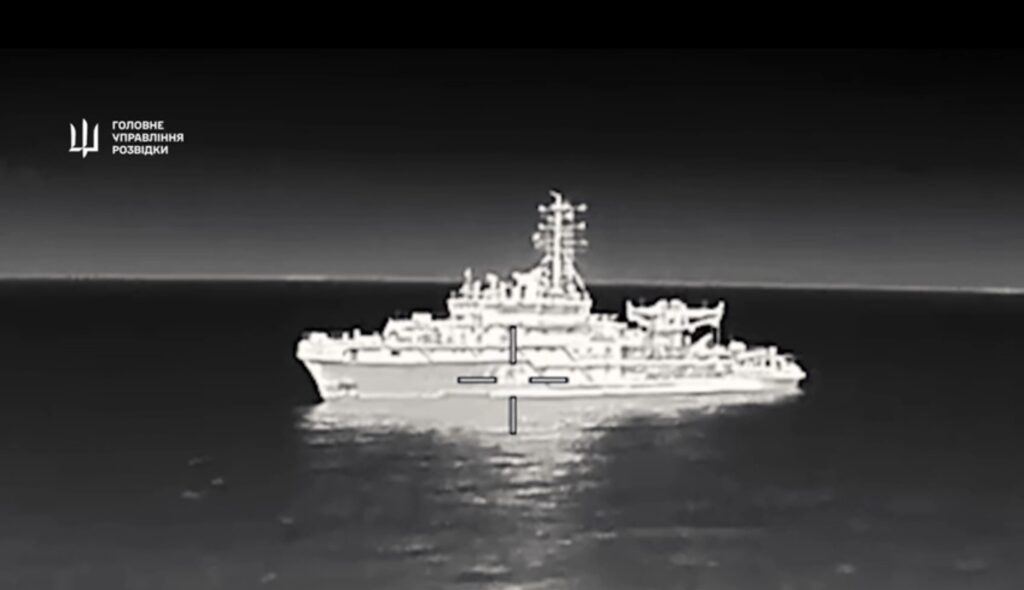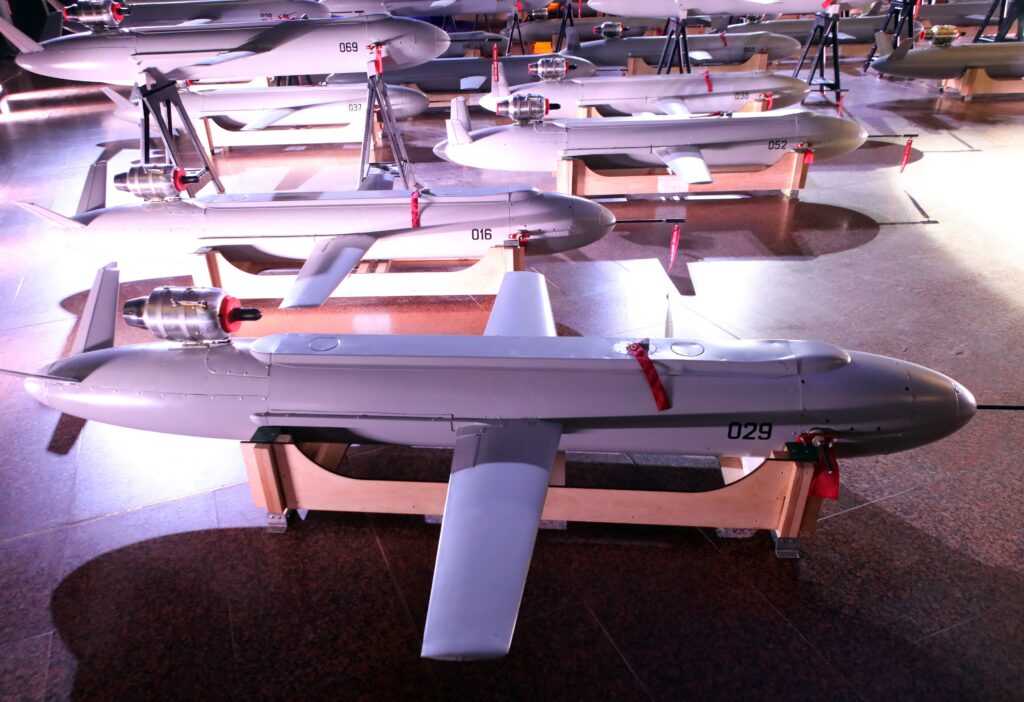Bundestag defense chief wants drone factories in Russia destroyed and NATO to shoot down Moscow’s drones

MP Röwekamp emphasized that Ukraine should receive modern air defense systems and equipment to strike targets on Russian territory, and that coordination within NATO should allow responding to threats in the airspace of allied countries.
Amid the ongoing Russo-Ukrainian war, providing Ukraine with such capabilities becomes particularly relevant after the incident in which some Russian UAVs entered Polish airspace. To protect key logistical hubs, such as Rzeszów Airport, the Bundeswehr deployed Patriot air defense systems and 200 soldiers, while Dutch F-35s shot down at least three drones.
The head of the Bundestag Defense Committee, Thomas Röwekamp, told the German magazine Spiegel that NATO needs to act more decisively against Russian drones. He stressed the need to shoot down drones over Ukraine and to strike production sites and launch platforms in Russia.
According to him, mass UAV attacks create very serious challenges for air defense, and military capabilities in this area should be expanded. Germany should increase its contribution and help Ukraine acquire modern air defense systems and other tools to counter drones.
Röwekamp highlighted the importance of NATO coordination to determine when and over whose territory threats can be countered:
“There must be a possibility, with the consent of the affected country, to neutralize drones that threaten NATO territory, even in their airspace.”
Ukrainian President Volodymyr Zelenskyy has repeatedly called for a coordinated approach to protect Ukrainian airspace, proposing to work with partners to find solutions that minimize escalation. German Defense Minister Boris Pistorius has refrained from commenting on the possibility of shooting down drones over Ukraine, emphasizing the need for caution and coordination with allies.
Meanwhile, Germany and other partners are actively supplying Ukraine with modern air defense systems and assisting in the development of long-range UAVs. This allows not only repelling attacks but also planning actions against the sources of threats on Russian territory.


